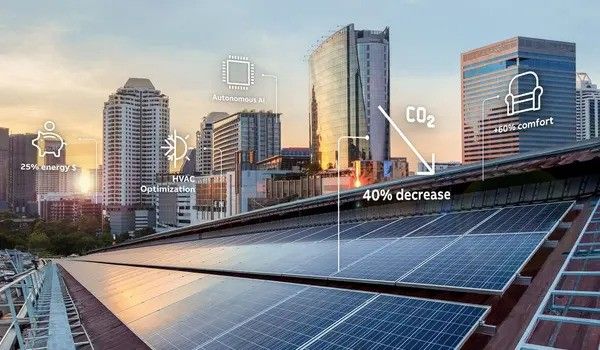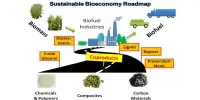Researchers at the University of Waterloo have devised a novel technology that has the potential to save significant energy in buildings. The researchers discovered 28 large heat loss locations in a multi-unit residential complex, with the most severe occurring at wall intersections and around windows. If 70% of the detected regions are corrected, there is a potential for 25% energy savings.
Building enclosures rely on heat and moisture control to avoid considerable energy loss due to airflow leakage, which reduces building comfort and increases maintenance costs. Climate change, with its unpredictable temperature variations, is anticipated to exacerbate this problem. Manual inspection is time-consuming and uncommon due to a lack of experienced workers, making energy inefficiency a widespread concern for buildings.
The almost 10 per cent increase in accuracy with this AI-based model is impactful, as it enhances occupants’ comfort as well as reduces energy bills.
Dr. Mohamad Araji
Researchers at Waterloo, a pioneer in sustainability research and education as well as a catalyst for environmental innovation, solutions, and talent, developed an autonomous, real-time platform to improve building energy efficiency. The platform integrates artificial intelligence, infrared technologies, and a mathematical model that measures heat flow to better detect areas of heat loss in buildings.
Using the novel method, the researchers carried out an advanced investigation on a multi-unit residential structure in the harsh environment of the Canadian prairies, where older inhabitants reported discomfort and higher electricity bills due to increased need for heating in their apartments. Using AI technologies, the team trained the algorithm to study thermal images in real time, obtaining an 81% accuracy in finding heat loss locations in the building exterior.

“The almost 10 per cent increase in accuracy with this AI-based model is impactful, as it enhances occupants’ comfort as well as reduces energy bills,” said Dr. Mohamad Araji, director of Waterloo’s Architectural Engineering Program and head of the Symbiosis Lab, an interdisciplinary group at the university that specializes in developing innovative building systems and building more environmentally friendly buildings.
The new AI technologies helped to eliminate human error in examining the results and enhanced data analysis time by a factor of 12 when compared to previous building inspection methods.
Future extensions of this study will include using drones equipped with cameras to survey high-rise buildings. “The hope is that our methodology can be used to analyze buildings and lead to millions in energy savings in a much faster way than previously possible,” Araji told reporters.
















